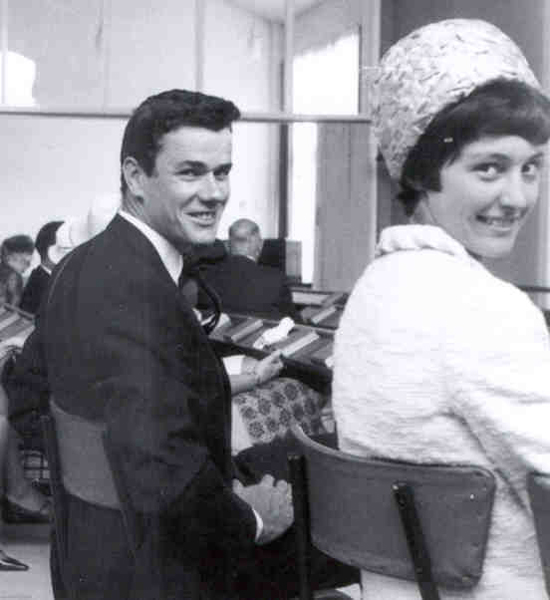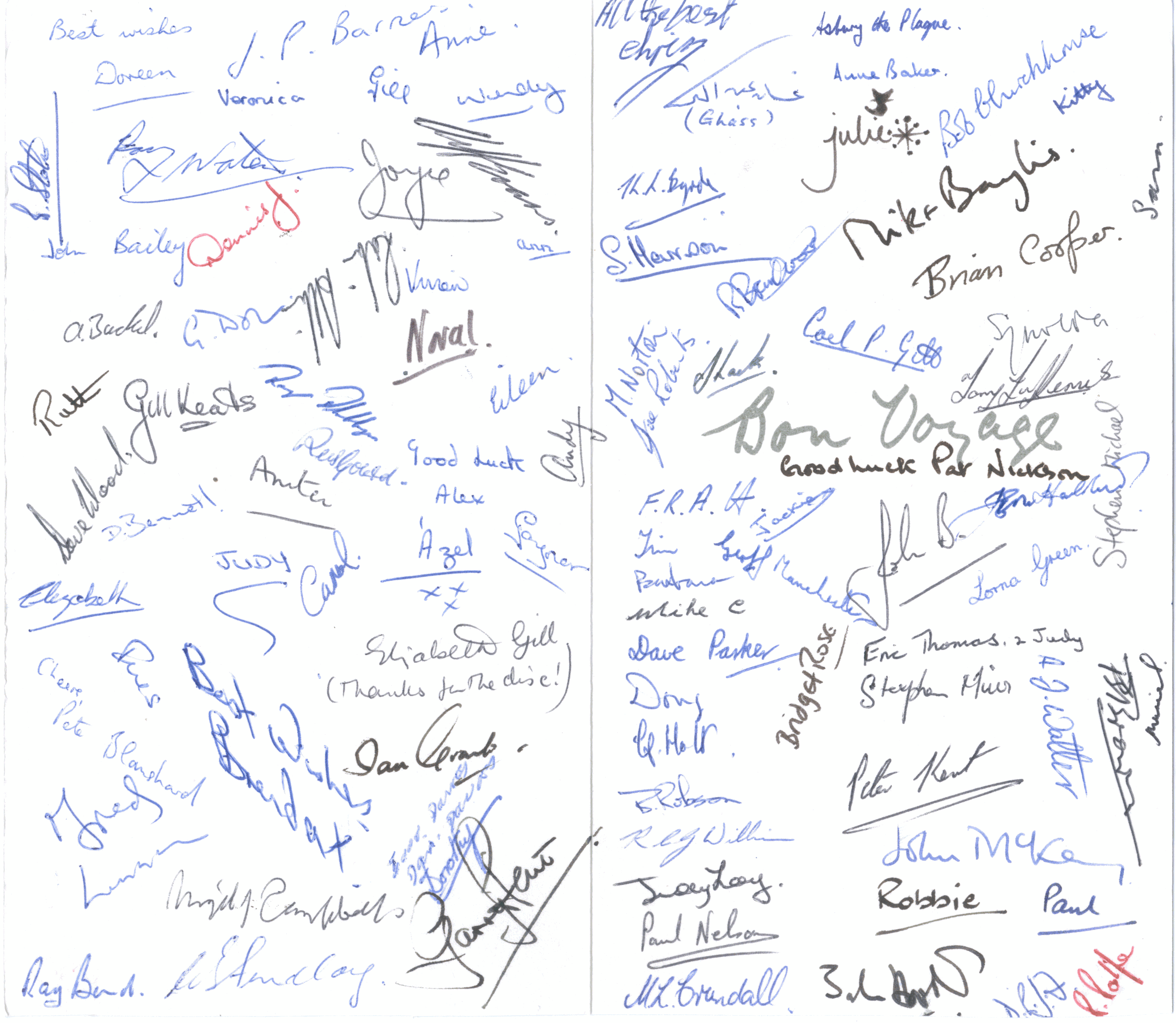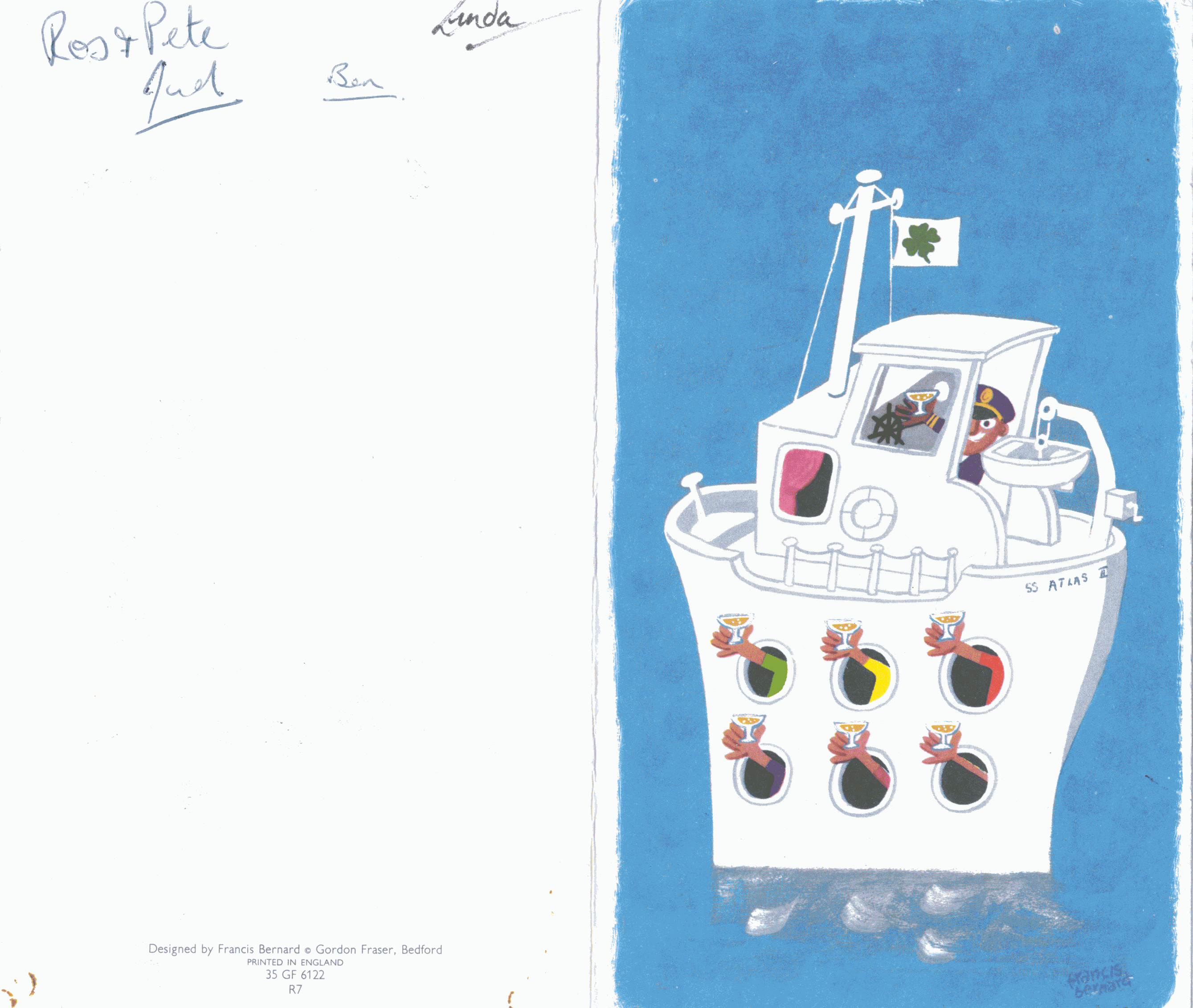


Alex Bell was quite unique in the early staff that joined the Atlas Computer Laboratory. He came from Manchester University and already had experience of using Atlas. Alex had done a year's postgraduate work at Manchester University in 1961 and was looking for a job. He was told that a Dr Barry Chelly was looking for someone to write a chess program for Atlas. After much searching, he eventually found him.
Nils Barricelli was interested in writing programs that evolved. As early as 1954 he visited Princeton and talked to Reuben Fine, a chess Grand Master, and John von Neumann. Barricelli said that he intended to program a machine to play chess in order to beat Fine. Professor Fine was sure that the machine would play a poor game of chess. von Neuman agreed on the basis that it was not capable for a machine even to do a decent translation from one language to another.
By 1962, Barricelli had arrived in Manchester with funds for time on Atlas to write a chess program. Alex worked for him for about a year producing a legal moves generator on Atlas at a time when the machine was still in an early stage of development. The legal move generator was very fast and was the base knowledge of a population of symbio-organisms which had to learn to play chess to survive and grow. And grow they did often overwriting parts of the machine that it was supposed to be impossible to reach. It turned out to be quite a good debug tool. A rudimentary program was made to work by the time Barricelli's funding ran out and Alex had to find a job.
Alex was hired by Jack Howlett in 1963 before the machine or the building arrived and spent some time early on working on the Rutherford Laboratory's Orion before spending the next few years developing the Atlas Algol Pre-processor with Bob Hopgood. This allowed Algol programs from nearly every other computer in the UK academic community to run on Atlas. No easy exercise as the layout of reserved words was different on each and they each had different input/output functions.
In his spare time, Alex used to persuade the operators to let him run programs interactively from the operator's console and reproduced the Barricelli chess program in Algol with quite a good user interface. He even persuaded Lord Halsbury, the Chairman of the Atlas Computer Committee, to play it beating the computer fairly easily. He developed another version that swapped pieces as much as it could before doing a deep search of the end game using improvement of mobility as the criteria for making moves. He persuaded Bob Hopgood to type in a book full of end games and the program made all the moves that the experts did apart from the ones highlighted as being exceptional.
As well as the chess program, he also wrote a Kalah playing program for the operators that learned as it played. After a while the operators gave up playing it as they used to play the first move and the program would immediately inform them they had lost! It was necessary to erase its memory at frequent intervals to keep them interested.
Alex left the Atlas Laboratory in February 1969 to work for CDC in Paris. Peter Kent
took over the chess program and modified it to maximise the number of squares it controlled.
This plus other improvements produced a much stronger program. The operators still beat it easily
winning in about 15 moves. Finally Peter added some strategy to the program by giving
squares different values. Peter wrote: The program opened with
the rather aggressive if unsound Blackmar gambit. It then developed all its pieces fairly rapidly,
castled queen side, doubled its rooks on the open queen file, ending the game with a mate by its
queen on the 8th rank and a rook on the 7th.
The operators comment the next morning was
Well it seems to work now
.
Alex returned to the Chilton site (Rutherford Laboratory) in 1973 and joined forces with Peter Kent and John Birmingham from Harwell creating a chess program called MASTER. The first Computer Chess Conference took place at the Atlas Laboratory in May 1973. In 1975, MASTER competed in the first IFIP World Computer Chess Championship in Stockholm in 1974 winning 2, losing 2 and coming about 5th out of 13 programs using 2 hours of time of the Rutherford's 360/195.
Alex left Chilton a second time and moved to CSIRO in Canberra in 1975.
Games Playing with Computers by A G Bell, 1972
The Machine Plays Chess? by A G Bell, Pergamon Press, 1978


25th July 2016: Alex has died peacefully; he had been suffering from heart problems.
Order of service
John Baldwin writes: "I always found him to be an entertaining colleague to work with and felt that life was richer for having known him. He was always ready to come up with an apposite comment on any particular situation."
Peter Blanshard writes: "We shall all remember Alex's friendliness, wit and technical expertise but, in addition, my inward eye recollects Alex's contribution to Atlas cricket, especially when batting with you, the hectic running between the creases seemingly trying to outdo each other, and his acceptance with good grace and humour that you always won. It cheered the rest of us up no end. Then there was the little bit about his preferred bat which he presumed was a "Club bat" from the bag. I hadn't the heart to tell him that it was my own bat, especially as he wielded it to much greater effect than I ever did."